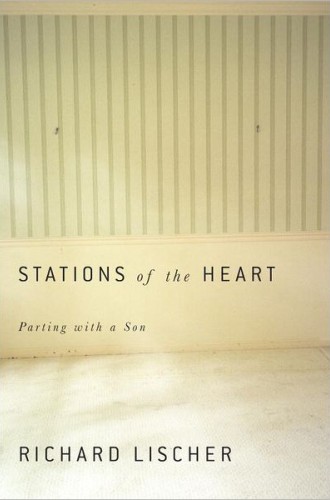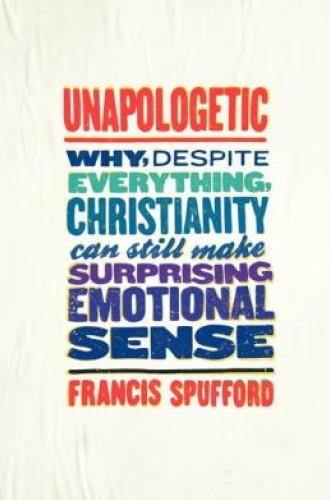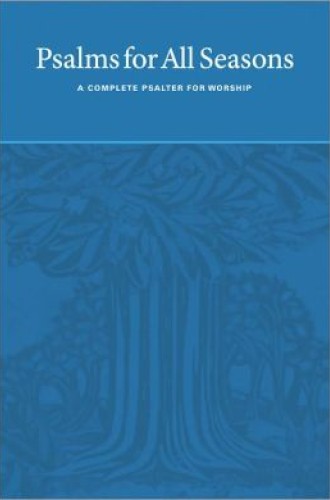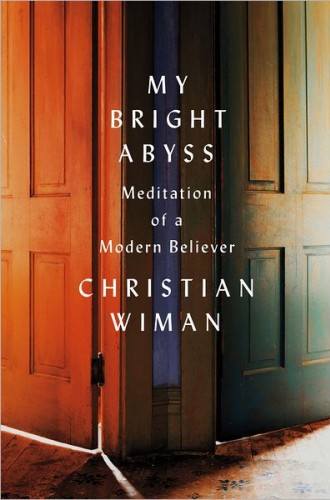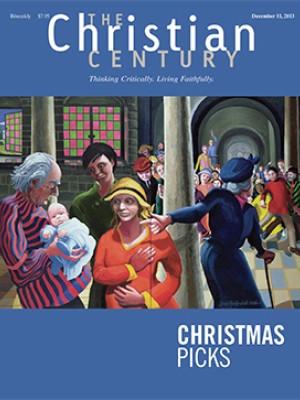Theology/spirituality
Stations of the Heart: Parting with a Son, by Richard Lischer. Lischer, a theologian at Duke Divinity School, acknowledges that “a father has no business writing a book about his son’s death.” But as the review in the Century noted, this honest but disciplined narrative “looks beyond one man’s death to the death we all will face” and manages to be “personal without self-absorption, profoundly emotional without sentimentality.” It is a moving testimony to a father’s love and to Adam Lischer’s life, and especially to Adam’s way of meeting death at the age of 33, supported by the prayers and rituals of the church—which is a memorable witness for every reader.
Unapologetic: Why, Despite Everything, Christianity Can Still Make Surprising Emotional Sense, by Francis Spufford. Though Spufford argues a bit with New Atheist writers like Richard Dawkins, his main interest is description, not argument. He shows (1) that Christian faith is vastly more complex and lively than patronizing atheist philosophers assume, and (2) how Christian faith makes “emotional sense” of the daily human round of dreaming, failing and grieving. Spufford, who wrote a brilliant book on childhood (The Child That Books Built), is witty and perceptive about the movements of faith and about the oddity of being a Christian in England, where the faith is widely regarded as mildewed and lacking any “gap-year spiritual zing.”
Read our latest issue or browse back issues.
Psalms for All Seasons: A Complete Psalter for Worship, edited by Martin Tell and John D. Witvliet. Created for public worship, this Psalter is also a great resource for personal use. All 150 psalms are included, some in multiple forms. Accompanying each psalm is a selection of related songs in a variety of styles and other materials, including settings for chanting and for morning and evening prayer. A CD is also available that introduces listeners to a portion of the songs.
Silence: A Christian History, by Diarmaid MacCulloch. MacCulloch, who has won numerous prizes for his sweeping histories (The Reformation and Christianity: The First Three Thousand Years), here takes a thematic approach, exploring two dimensions of silence: silence as it has been used by Christians in their worship and spirituality, and silence as it has been abused to suppress marginal voices (women, gays) and conceal misbehavior in the church (child sexual abuse).
Consider the Birds: A Provocative Guide to Birds of the Bible, by Debbie Blue. Readers who think they have no interest in birds should not be deterred. Yes, Blue writes about ten different birds in the Bible, from pigeons to ravens, but the book is about what birds can teach us about life and God.
My Bright Abyss: Meditation of a Modern Believer, by Christian Wiman. Wiman, the former editor of Poetry magazine, is indeed a “modern” believer—mindful of every critique of faith and uneasy in the church, yet skeptical also of his own skepticism. The title captures the paradoxical faith he affirms. Though he meditates on experiences of illness, love and family, this book is mostly about an inner journey, a dialogue with other poets and himself. Wiman’s struggle with Christian language is tied to his struggle with words; he is acutely aware of their inadequacy as well as their power to evoke a mystical truth.


